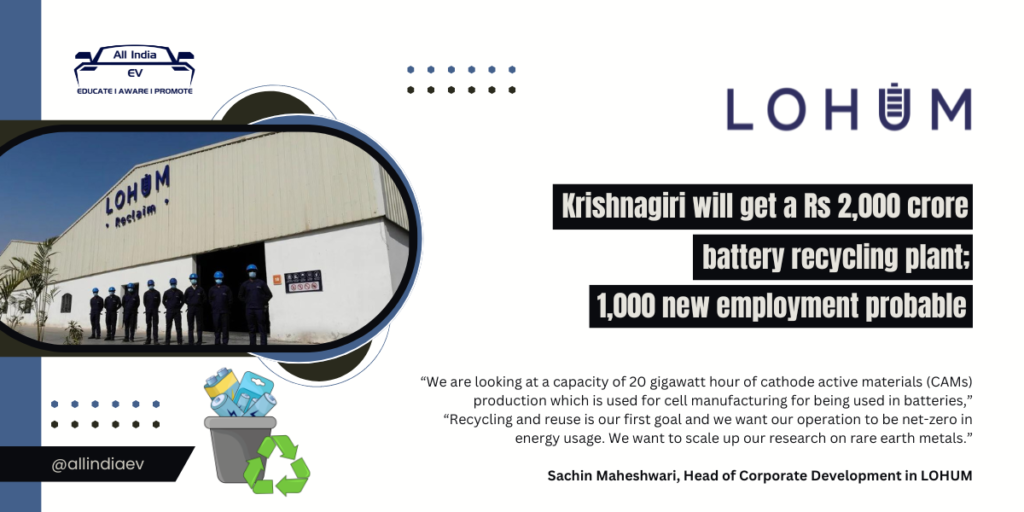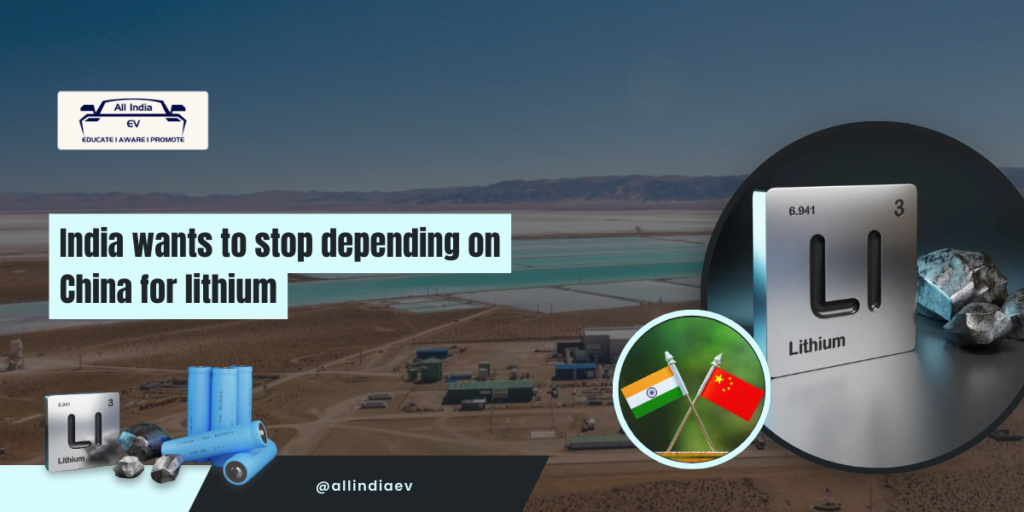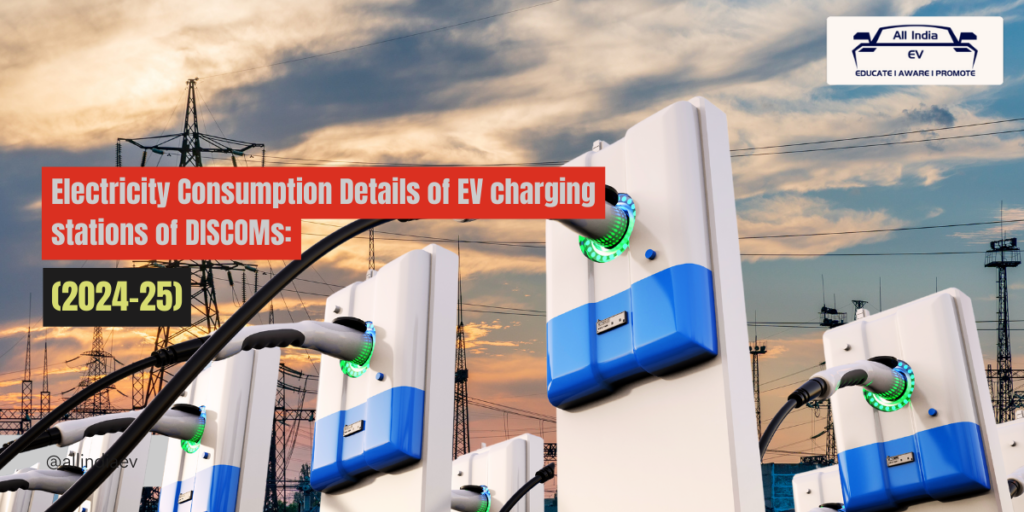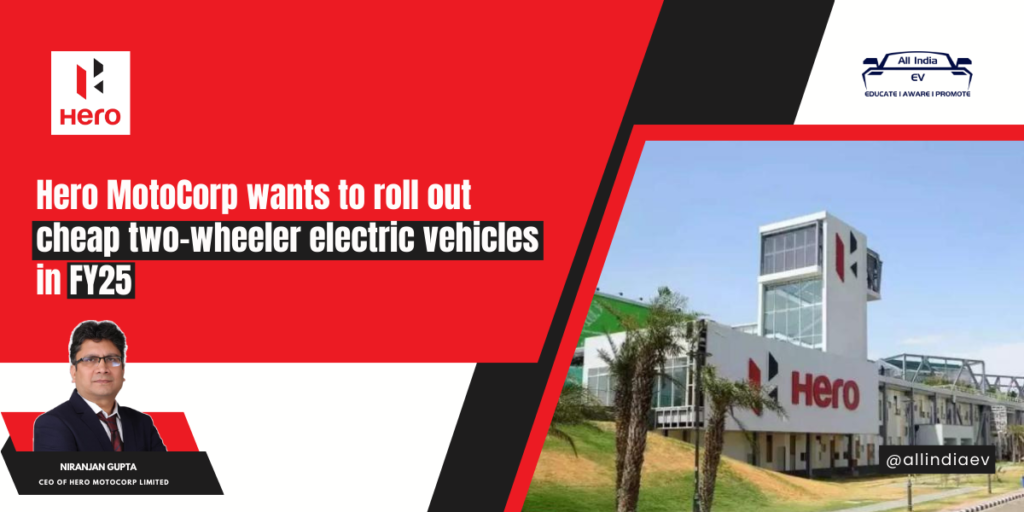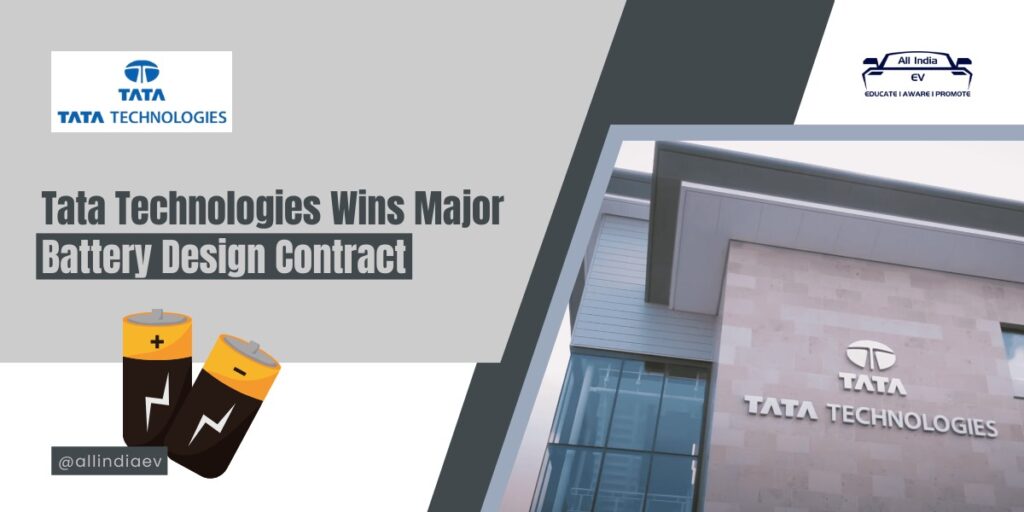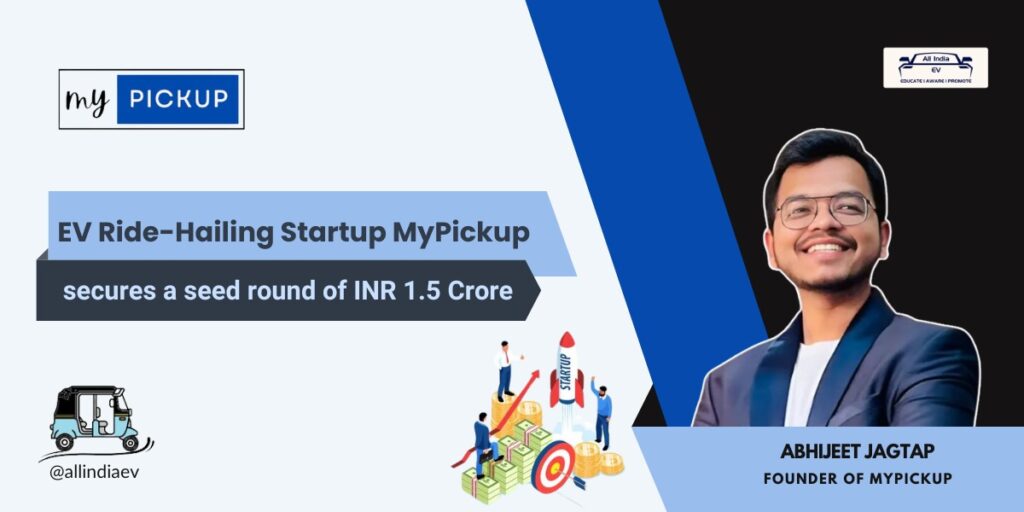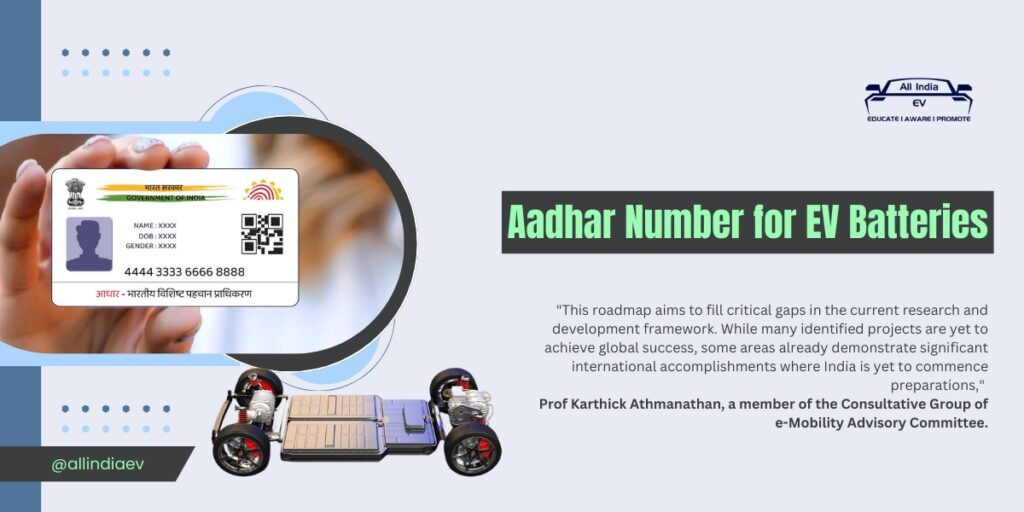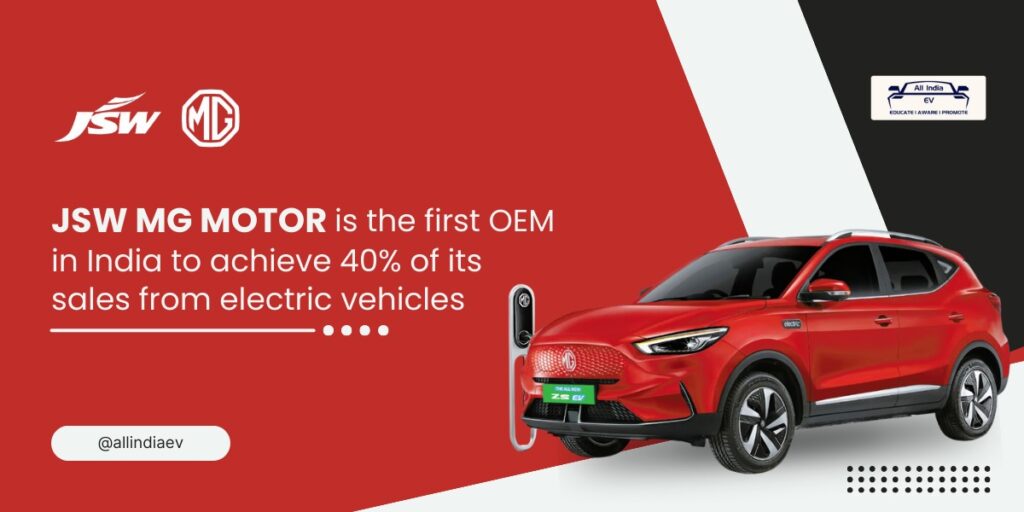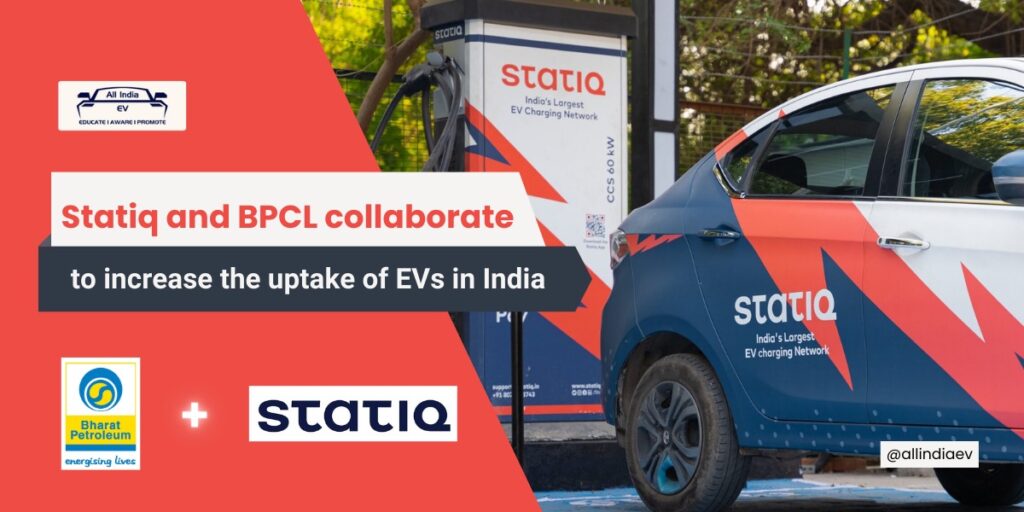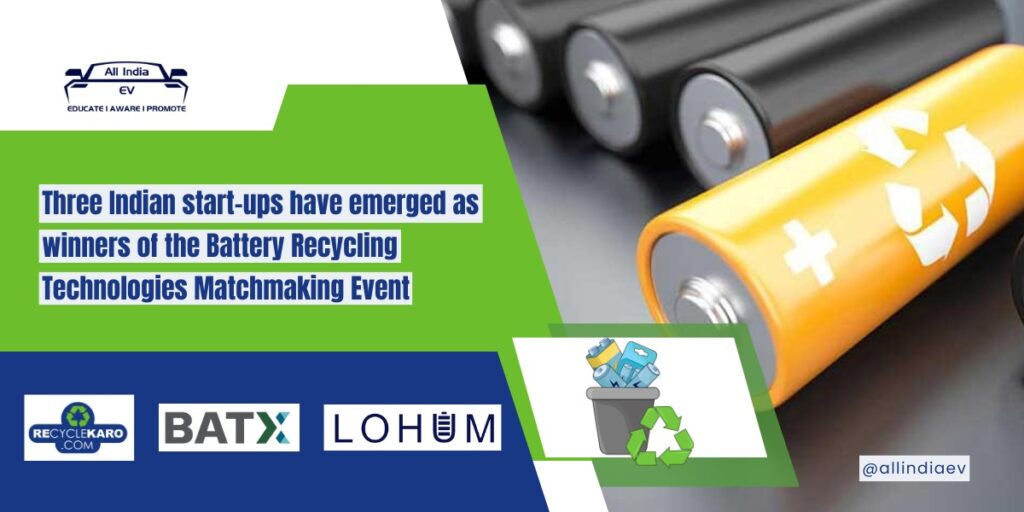Analyzing EV Charging Stations: Power Consumption Trends & Future Predictions (2024-25) The “EV Pro Report April 2024” offers a comprehensive analysis of the current state of electric vehicle (EV) charging infrastructure across various regions in India. As the nation steadily transitions towards sustainable transportation solutions, understanding the deployment and utilization of EV charging stations becomes crucial. This report presents detailed data on the number of EV charging stations, electricity consumption patterns, and specific focus on heavy-duty vehicle charging across multiple DISCOM (distribution companies) and major cities. Why this report is important? The transition to electric vehicles is a pivotal component of India’s strategy to reduce carbon emissions and combat climate change. As EV adoption accelerates, the infrastructure to support these vehicles must keep pace to ensure seamless and efficient operation. This report provides vital insights into the current state of EV charging infrastructure, highlighting areas of growth, potential bottlenecks, and the overall impact on the electrical grid. Such data is essential for policymakers, energy providers, and industry stakeholders to make informed decisions about future investments and strategic planning. Current Trends and Insights from the 2024 EV Charging Report ➡️ Tata Power-DDL in New Delhi reported the highest electricity consumption for EV charging stations, excluding heavy-duty vehicles, at 2,980,000 kWh. Meanwhile, for heavy-duty vehicles, Tata Power-DDL also had the highest consumption at 7,550,000 kWh. ➡️ Maharashtra’s MSEDCL reported a notable total electricity consumption of 10.862 million units (MU), with a large number of charging stations (2,782 excluding heavy-duty). In contrast, states like Rajasthan reported significantly lower consumption and fewer stations. ➡️ Specific discoms like Brihan Mumbai Electric Supply Company (BEST) in Maharashtra have a high number of charging stations dedicated to heavy-duty vehicles (48), indicating a strong emphasis on supporting electric buses and other heavy-duty EVs. ➡️ Some regions, like the UT of Ladakh and Arunachal Pradesh, reported nil status due to data collection challenges, highlighting the need for improved data gathering mechanisms across all regions. ➡️ States like Gujarat (UGVCL) and Karnataka (CESC Mysore) show emerging EV infrastructure, though on a smaller scale, with respective electricity consumptions of 1.736 MU and 0.214 MU. ➡️ UHBVN and DHBVN in Haryana demonstrated significant electricity usage for EV charging, with DHBVN reporting a total of 1.343 MU despite having fewer stations compared to other major cities ➡️ The distribution of EV charging stations is uneven, with some areas like Delhi (BRPL and BYPL) having thousands of stations, while others like Greater Noida (NPCL) have very few. ➡️ Discoms in more rural or remote areas, such as those covered by JDVVNL in Rajasthan and HESCOM in Karnataka, report lower electricity consumption and fewer charging stations, reflecting a slower adoption rate of EVs in these regions. The total electricity consumption across all reporting discoms for April 2024 was approximately 52.92 MU, indicating a growing demand for EV charging infrastructure and the importance of sustainable energy solutions to support this expansion. Forecasting EV Charging Infrastructure and Power Consumption Trends (2024-2025) The trend of significant investments in EV charging stations in major cities such as New Delhi and Mumbai is likely to continue. We can expect these cities to further expand their charging networks to support the growing number of electric vehicles. By 2026, New Delhi and Mumbai might see an increase of 30-50% in the number of charging stations, driven by both public and private sector initiatives. With substantial electricity consumption already noted for heavy-duty vehicle charging in cities like Mumbai (BEST) and New Delhi (Tata Power-DDL), there will likely be an increased focus on developing more charging infrastructure specifically for electric buses and commercial vehicles. Over the next 2-3 years, the number of heavy-duty vehicle charging stations could double, supported by government policies aiming to reduce urban pollution and enhance public transportation sustainability. The discrepancies and provisional data issues observed in the current report highlight the need for better data collection mechanisms. In the next few years, we can expect significant improvements in data accuracy and real-time monitoring systems as part of smart city initiatives. Enhanced data analytics will allow for better planning and optimization of the EV charging infrastructure. While urban centers will remain the primary focus, there will be a concerted effort to expand EV charging infrastructure into semi-urban and rural areas. Discoms in states like Gujarat (UGVCL) and Karnataka (CESC Mysore) show potential for growth, and with targeted subsidies and incentives, these regions could see a 20-30% increase in charging stations by 2026. This expansion will be crucial for achieving widespread EV adoption and ensuring access across all regions. As the adoption of electric vehicles increases, the total electricity consumption for EV charging is projected to rise significantly. Given the current consumption of approximately 52.92 MU in April 2024, we can anticipate an annual growth rate of 25-30%, driven by both the increase in the number of EVs and the expansion of charging infrastructure. By 2026, the total electricity consumption for EV charging could reach 80-100 MU per month, necessitating advancements in grid management and renewable energy integration to support the increased load. These predictions underscore the dynamic growth and evolving landscape of EV charging infrastructure in India, with a balanced focus on urban expansion, heavy-duty vehicle support, rural development, data enhancement, and energy management. Join All India EV Community

